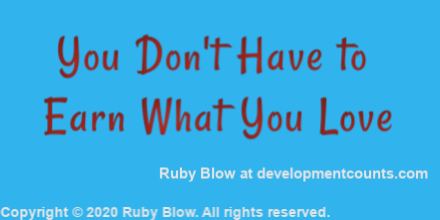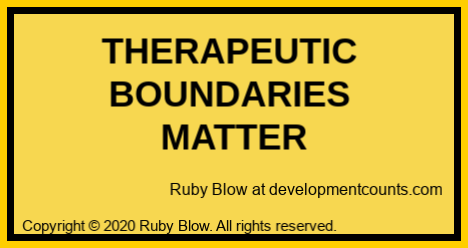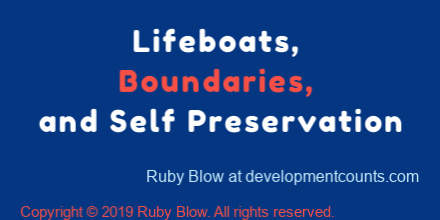What’s Possible
What we want for ourselves is in large part dependent on what we think is possible. Wanting is equally hopeful and vulnerable. So much so that many of us cut off from “want” in order to reduce the anxiety it provokes. As challenging as wanting for ourselves can be….what others want for us poses another challenge.
The Same and Different
There are things that I want for those I care about. I want meaningful and thriving careers for others, just as much as I’ve wanted that for myself. I want health and well-being for others, as much as I want it for me. I want connection and meaning for others, just as much as I want that for my own life. Fortunately, what most of us want is pretty similar. The differences are in how we go about it and what career, health, well-being, connection and meaning look like, sound like, and feel like to each of us as unique beings. Judgement comes in because our methodologies and expressions differ.
Support or Pressure
I am keenly aware that what I want for others is connected to what I want for me and that what others want for me is often what they want for themselves. The reality is that while what others want for us can be and feel supportive, it can also be experienced as pressure. It is one thing to let ourselves down and a whole other thing to bear the burden of other people’s expectations.
Managing Conflict
Healthy boundaries in therapy, just like healthy boundaries in life, involve a delicate dance between wanting good for others in a manner that supports them without usurping the expressed and unexpressed wants that are unique to them. In other words, just because I want “x,y, or z” for you…that does not mean you want the same. The way I cope and the way you cope are likely different. The way I express faith and the way another expresses it may be different. Difference can be experienced as a gateway to conflict, whether that conflict is internal or interpersonal. There is nothing wrong with difference or conflict. The biggest challenge is in the way it is expressed or the lack thereof.
Healthy Relationships
More than anything we want to be understood and seen for who we are and what is unique to us. “Good therapy,” like “good relationships,” involves a healthy level of acceptance and challenge. Challenge involves expressed expectations and limits. Many people fear that setting limits signals the end of a good relationship. I have found that when limits are set, it signals the beginning of the best of what is possible between people walking alongside one another.
Copyright © 2019 Ruby Blow. All rights reserved.
Share your thoughts on Linkedin, Facebook, Twitter or log in to one of your accounts below to comment. Subscribe to my YouTube channel.





